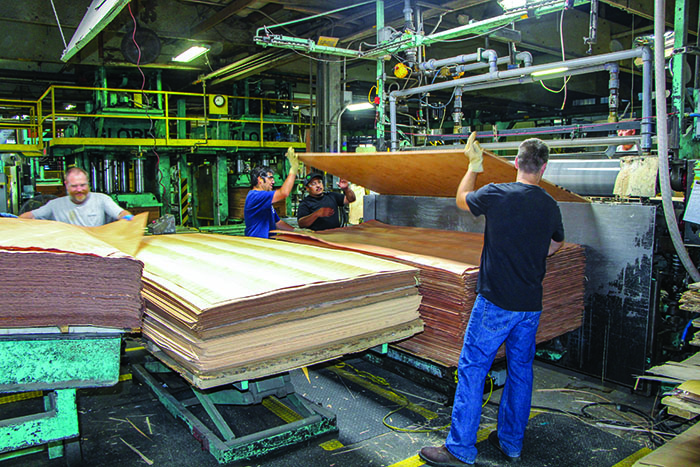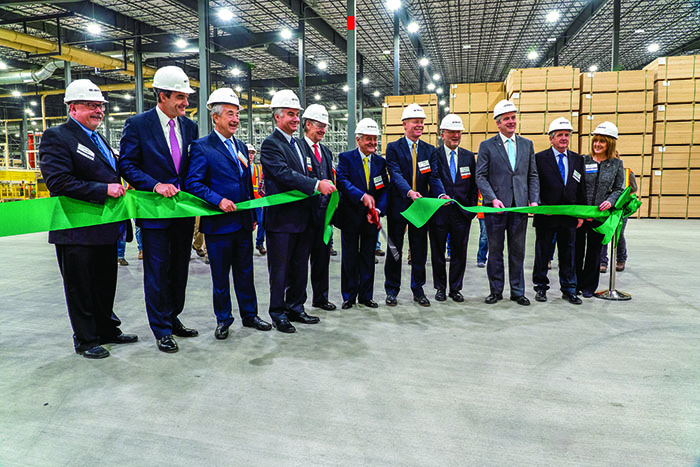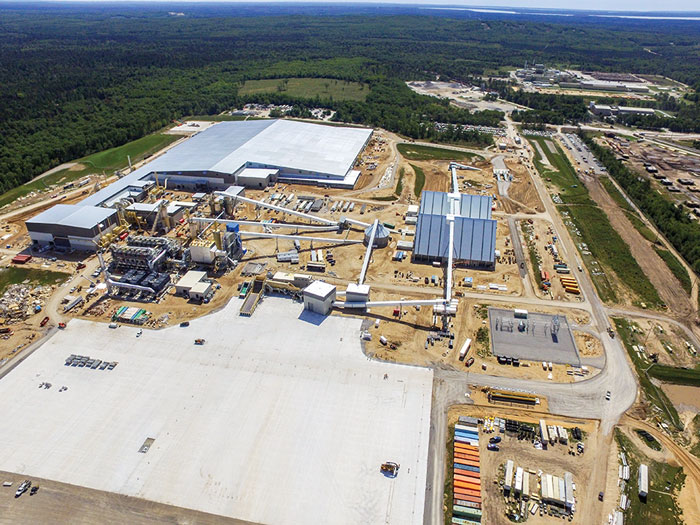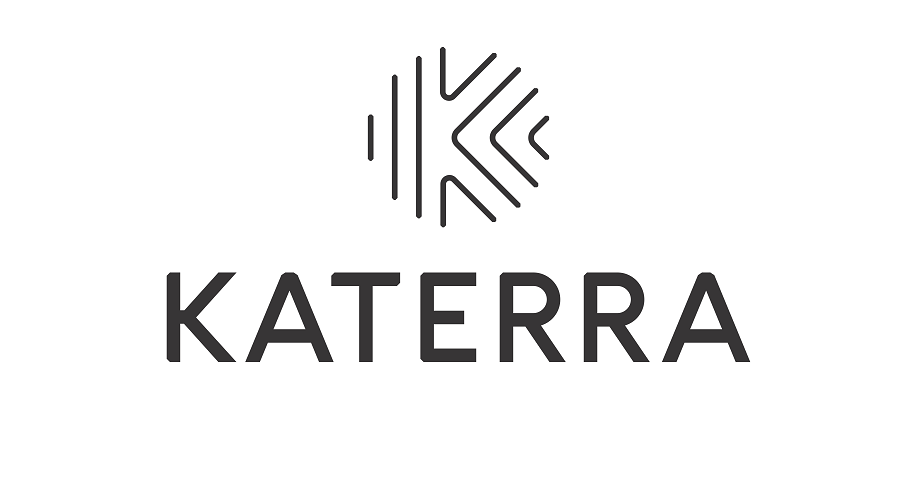Con-Vey Expands Operations In Oregon Con-Vey is planning an expansion of its operations with the acquisition of approximately 15 additional acres,...

U.S. Court Says China At Fault
U.S. Court Says China At Fault
The decision stems from a petition filed by the Coalition for Fair Trade of Hardwood Plywood with the U.S. Dept. of Commerce and ITC in November 2016. In its preliminary determination, Commerce found that hardwood plywood from the PRC was being sold at less than fair value and that the PRC industry was receiving countervailable subsidies.
Concurrent with Commerce’s proceedings, the ITC investigated whether the domestic industry was materially injured or threatened with material injury by the imports. ITC issued a preliminary determination find that there was reasonable indication of injury to the U.S. industry, and subsequently in a final determination concluded that the U.S. hardwood plywood industry is materially injured by the PRC imports because they’re subsidized and sold in the U.S. at less than fair value.
The Coalition for Fair Trade of Hardwood Plywood includes Columbia Forest Products, Commonwealth Plywood, Murphy Company, Roseburg Forest Products, States Industries and Timber Products Co., all domestic producers of hardwood plywood.
American Alliance for Hardwood Plywood and related companies subsequently challenged aspects of the ITC final determination of injury. These companies include Far East American, Inc., Northwest Hardwoods, American Pacific Plywood, Canusa Wood Products, Concannon Lumber and Plywood, Fabuwood Cabinetry Corp., Hardwoods Specialty Products, Holland Southwest International, Liberty Wood International, McCorry & Co., MJB Wood Group, Patrioit Tmber Products, Richmond International Forest Products, Taraca Pacific, USPly Trade Co. and Wood Brokerage International. A separate complaint against the ITC ruling was filed by Zhejiang Dehua TB Import & Export Co. and affiliated plaintiffs.
The complaints against the ITC injury determination challenged the ITC’s findings that imports from PRC are substitutable with domestic hardwood plywood; that the volume of imports from PRC are significant; that imports from PRC undersold domestic hardwood plywood and resulted in price suppression; that imports from PRC significantly impacted the domestic industry.
U.S. Court of International Trade denounced these challenges and upheld the ITC determination of injury. On the specific challenge as to the degree of volume of imports from PRC, the Court pointed to the ITC finding that between 2014 and 2016 the market share of imports from PRC increased from 37.9% to 40.1%, while the domestic industry decreased from 21% to 17.3%. And specifically in the cabenetry end use segment, hardwood plywood imports from China increased from 224MMSF to 301MMSF, increasing its market share by 6.9%, while the domestic market share decreased by 5.1%.
The Court emphasized that ITC overall noted that the domestic industry’s production, capacity utilization, end-of-period inventories, shipments and market share all declined during the investigation period, as did net sales revenues, cost of goods sold, ratio of operating incomes to net sales, gross profit, operating income and net income.
Latest News
Con-Vey Expands Operations In Oregon
Dieffenbacher To Supply Unilin Recycling Plant
Dieffenbacher To Supply Unilin Recycling Plant In October 2024, Unilin and Dieffenbacher announced an agreement to introduce and further...
Buddy Douglas Retires From Scotch Plywood
Buddy Douglas Retires From Scotch Plywood After 40 remarkable years in the timber industry, Buddy Douglas has officially retired as Plant Manager of...
Find Us On Social
Newsletter
The monthly Panel World Industry Newsletter reaches over 3,000 who represent primary panel production operations.
Subscribe/Renew
Panel World is delivered six times per year to North American and international professionals, who represent primary panel production operations. Subscriptions are FREE to qualified individuals.
Advertise
Complete the online form so we can direct you to the appropriate Sales Representative. Contact us today!



